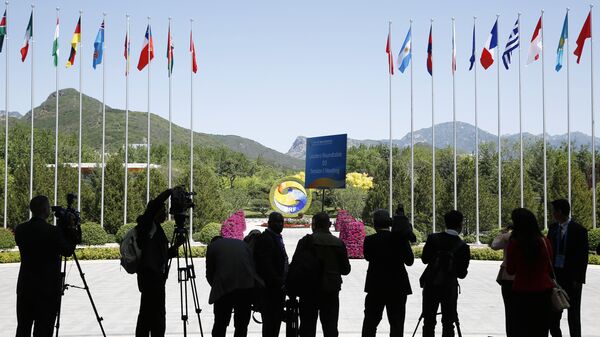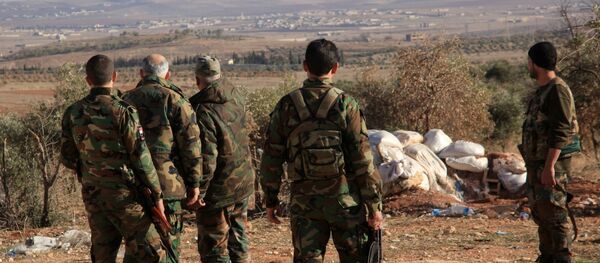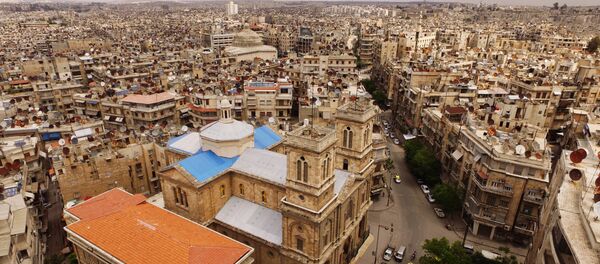The Expo will be followed by several similar events in China, including a Syria Reconstruction Expo, Pepe Escobar reported in Asia Times.
In addition, Qin Yong, deputy chairman of the China-Arab Exchange Association, announced that Beijing intends to invest $2 billion in the creation of an industrial park in Syria that will initially bring together 150 Chinese companies.
Dmitri Abzalov, President of the Center of Strategic Communications, told RIA Novosti that Chinese companies are keen for the Syrian government to award them contracts for reconstruction projects.
"Syria itself may not have money, but if there is a lasting peace then an international conference will be held and funds for rebuilding the infrastructure will be allocated," Abzalov said, adding that Chinese companies are keen to plan in advance for such an eventuality.
In addition, Chinese energy companies may be interested in the development of the country's oil and gas reserves, most of which are located in the eastern province of Deir-ex-Zor.
Before the Syrian conflict began in 2011, the Syrian government's main energy contracts were with Western energy companies such as Shell and Total, but Chinese energy firms are keen to get a bigger share of the market.
In contrast to the US, which sees formal military relations as crucial to relationships with its allies, China is more interested in building economic relationships. Abzalov said that China is not seeking a military presence in the Middle East, but wants to expand economic ties there.
"It is unlikely that China will get a military base from Bashar Assad: it is more plausible that cooperation will be on a predominantly economic plane, which means that Moscow and Beijing will share the roles among themselves: the military one for Russia, the economic for China," Abzalov said.
Chen Fengying, a research fellow at the China Institutes of Contemporary International Relations, told Sputnik that the restoration of Syrian infrastructure must be the post-war priority.
"Almost everything in Syria now needs restoration. Roads and house have been destroyed there, and only after restoring infrastructure and solving problems related to providing the population with food, we can talk about the restoration of production."
"Syria is located along the Silk Road. If the situation in this country stabilizes, we will be able to invest in various sectors of Syria's economy within the framework of the project 'One Belt, One Road,'" Chen said.





